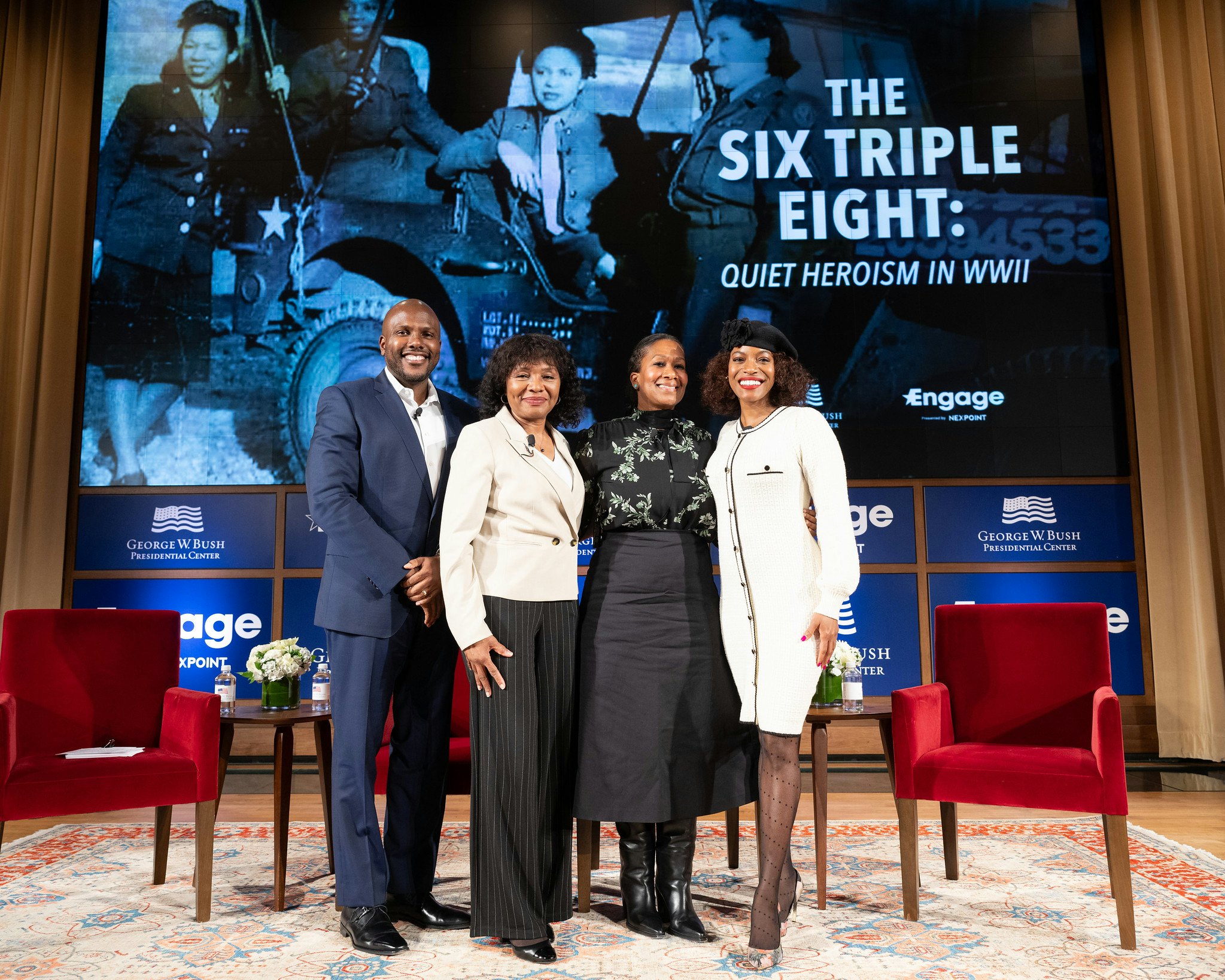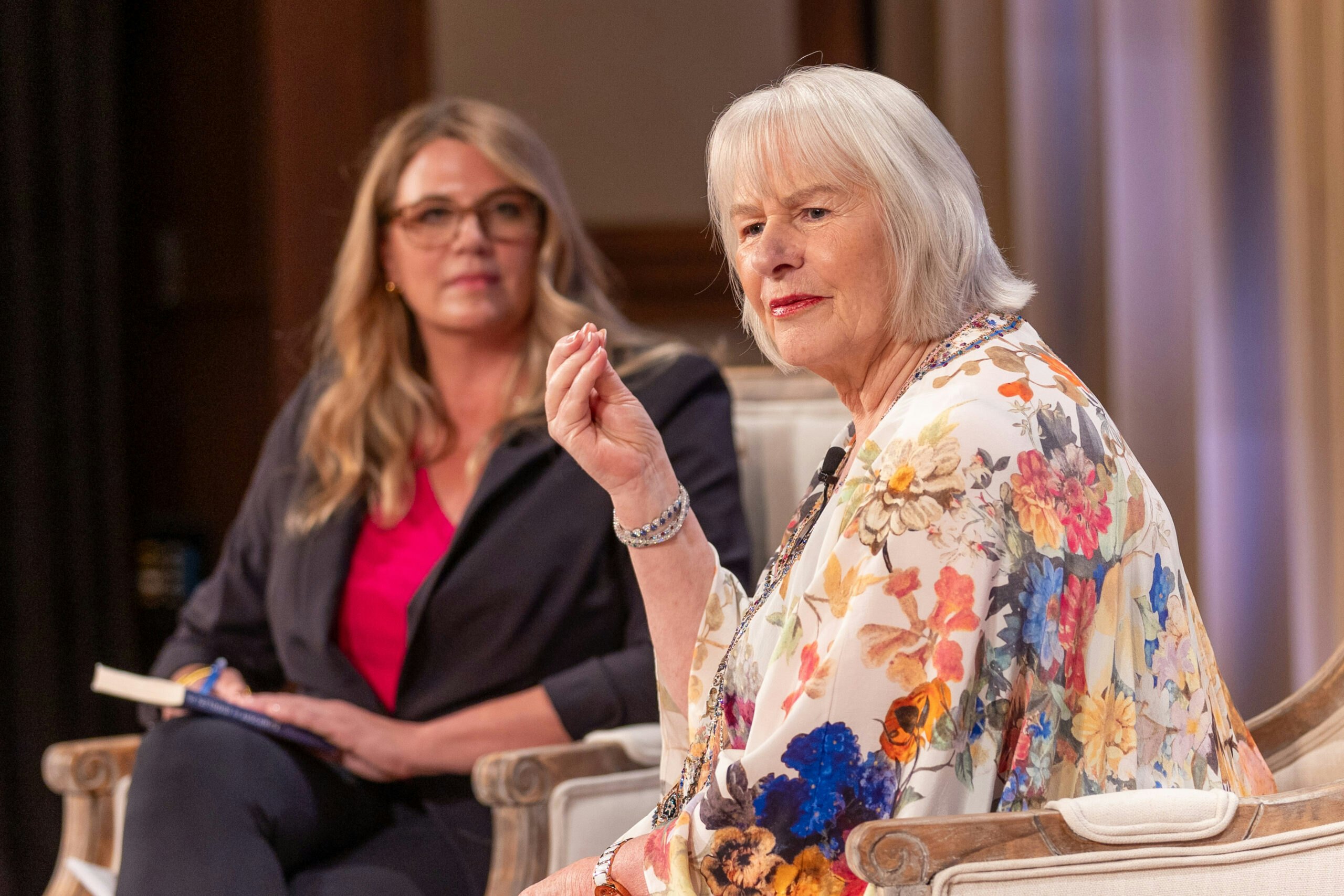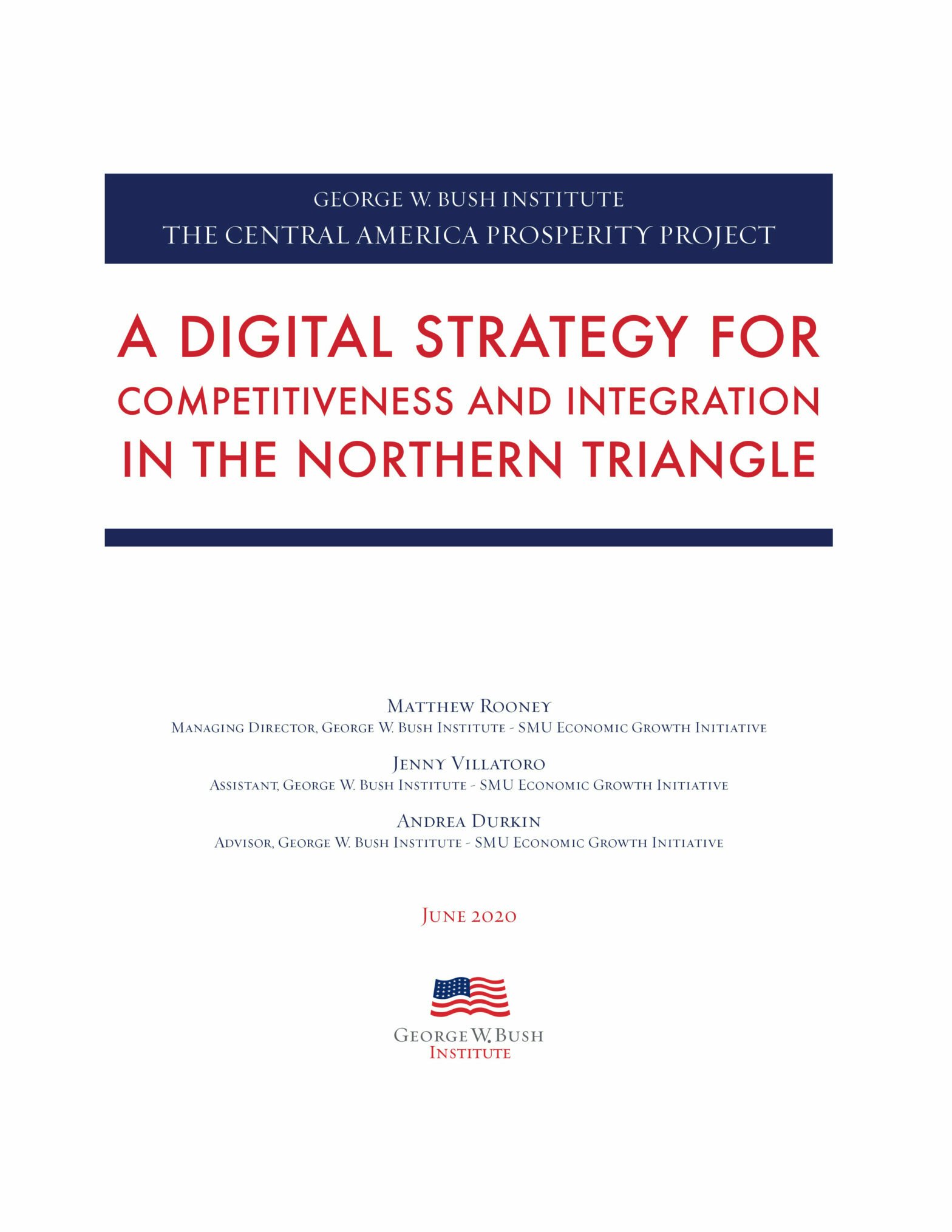This article originally appeared in The Wall Street Journal.As Congress honors Burma's opposition leader, the people she inspired world-wide...
This article originally appeared in The Wall Street Journal.
As Congress honors Burma's opposition leader, the people she inspired world-wide are working and sacrificing for democracy.
On Wednesday, Burmese opposition leader Aung San Suu Kyi will enter the U.S. Capitol. She will pass by statues honoring many of our nation's defenders of freedom and liberty and make her way to the soaring rotunda, where she will receive the Congressional Gold Medal, one of the two highest civilian awards given by the United States. It is a journey that many never expected her to make. Ms. Suu Kyi's life and story are powerful reminders of why we must not give up on the causes of freedom and liberty.
In May of 2008, when my husband, President Bush, signed the legislation awarding her medal, Ms. Suu Kyi was living under house arrest inside Burma. Her crime? She had led a democratic opposition party against the ruling military junta and had the courage to stand for parliamentary elections in 1990, when her National League for Democracy won in a landslide.
She spent much of the next two decades under various forms of house arrest or restricted movement. Repeatedly denied the most basic rights of free speech and free assembly, she also was forcibly separated from her children and her husband. The ruling Burmese junta even blocked her cancer-stricken husband from seeing her before he died. She missed valuable years of her sons' lives.
Yet through it all, Ms. Suu Kyi never wavered in her belief that Burma deserved a democratic process, where all voices might be heard. For more than two decades, she has remained a valiant and steadfast voice for freedom and for the Burmese people.
Ms. Suu Kyi has long had many international supporters who both publicly and quietly pressed Burma's ruling junta for her release. She was awarded the Nobel Peace Prize in 1991. Over the past decade, I and others took our support public, hoping that greater public pressure might convince the country's rulers to relent.
They did not, and some observers began to question whether the cause of freedom in Burma was lost. After tens of thousands of Buddhist monks peacefully protested during the 2007 Saffron Revolution, the ruling junta unleashed harsh beatings on the protesters and doubled the number of political prisoners to 2,100, according to Human Rights Watch. Later Ms. Suu Kyi was subjected to a show trial on the pretext that a Westerner had illegally visited her. But she never faltered. To the foreign diplomats allowed brief glimpses of her trial, her words were, "I hope to meet you in better times."
The light of hope was never fully extinguished inside Burma. In 2007 and 2008, President Bush expanded economic and financial sanctions against the Burmese regime, curtailing imports and exports and restricting the ruling junta's access to wealth, including blocking imports of Burmese rubies and jade in which they trafficked. These sanctions were continued by President Obama.
Thanks to the U.S.-funded Radio Free Asia and the BBC, the people of Burma knew that they were not forgotten. Like the Cold War dissidents in the Soviet Union and Eastern Europe, they could draw strength from every mention of their plight and every expression of faith in their cause and in their future. By August 2011, the political dam had burst, and Burma began to reform.
Today, Ms. Suu Kyi is a member of Burma's parliament and a leading voice for democratic values and reform in her country. The reforms in Burma are still fragile, but with each day they are harder to turn back. The cause that so many once thought hopeless is now full of promise.
Ms. Suu Kyi's story is one of the great stories of our time. She spoke via Skype last May at the launch of the George W. Bush Institute's Freedom Collection. In the audience was Rev. Bob Fu, a leader of the 1989 Tiananmen Square protests, who now lives in exile in Midland, Texas, and labors on behalf of dissidents and religious prisoners in China. As Ms. Suu Kyi talked of never giving up, tears ran down Bob's face. He and other Chinese human-rights defenders have long looked upon Ms. Suu Kyi as an inspiration. And now their inspiration is free.
The next generation of Aung San Suu Kyis is out there, working and sacrificing for freedom. As she receives the Congressional Gold Medal Wednesday afternoon, they will be watching and listening. They will hear of freedom's enduring support—and they, too, will have hope.
Mrs. Bush is former first lady of the United States.
























